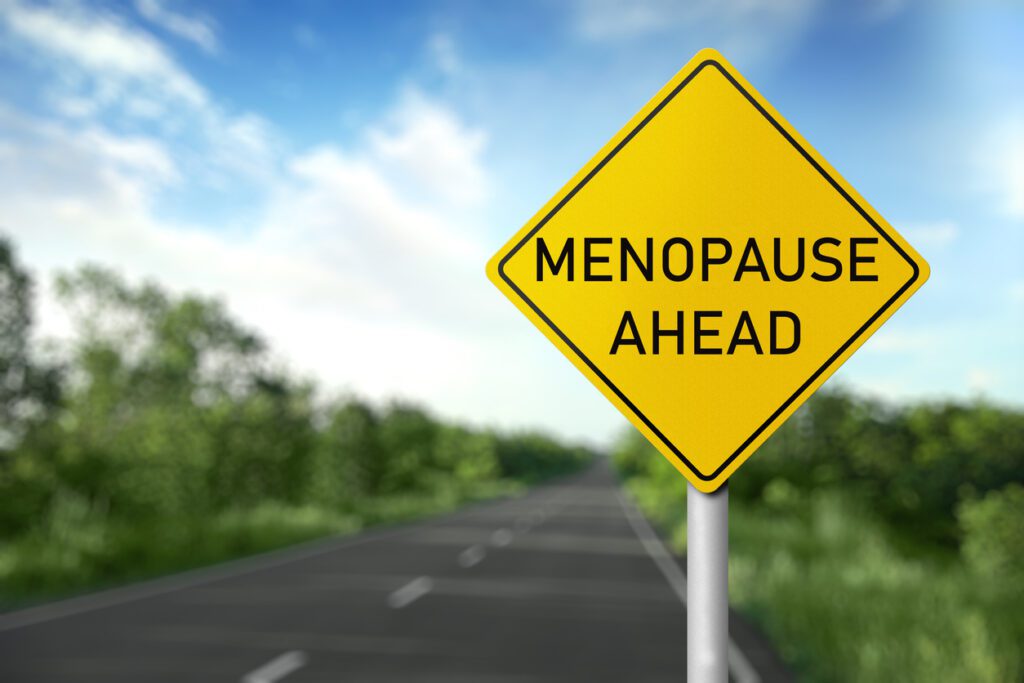Menopause. The word itself can evoke a range of emotions – from anxiety and apprehension to curiosity and even a sense of liberation. This natural biological transition marks the end of a woman’s reproductive years, signaling the cessation of menstruation. While often associated with a decline in estrogen, menopause can also usher in a new phase of self-discovery, empowerment, and personal growth.
This blog post aims to provide a comprehensive guide to navigating menopause, offering practical advice and insights to help you embrace this chapter with confidence and grace.
Understanding the Menopause Transition
Menopause is typically defined as 12 consecutive months without a menstrual period. However, the transition to menopause, often referred to as perimenopause, can begin years earlier. During this time, hormonal fluctuations can lead to a variety of symptoms, including:
- Hot flashes: Sudden feelings of intense heat, often accompanied by sweating and chills.
- Night sweats: Similar to hot flashes, but occurring during sleep, often disrupting sleep patterns.
- Vaginal dryness: Reduced vaginal lubrication can lead to discomfort during intercourse and an increased risk of vaginal infections.
- Mood swings: Hormonal fluctuations can impact mood, leading to irritability, anxiety, and depression.
- Sleep disturbances: Insomnia and difficulty falling asleep or staying asleep are common.
- Weight gain: Changes in metabolism can make it more difficult to maintain a healthy weight.
- Hair thinning and loss: Hair loss or thinning can occur due to hormonal changes.
- Cognitive changes: Some women experience “brain fog,” difficulty concentrating, and memory lapses.
Navigating the Challenges
While these symptoms can be challenging, there are numerous strategies to manage them effectively:
- Nutrition:
- Prioritize plant-based foods: Include plenty of fruits, vegetables, whole grains, and legumes in your diet.
- Increase protein intake: Protein is essential for maintaining muscle mass and bone health.
- Limit processed foods, sugar, and unhealthy fats.
- Stay hydrated: Drink plenty of water throughout the day.
- Exercise:
- Engage in regular physical activity, such as brisk walking, swimming, or yoga.
- Strength training exercises are particularly important for maintaining bone density.
- Consider activities like weightlifting or using resistance bands.
- Stress Management:
- Practice relaxation techniques such as deep breathing, meditation, or mindfulness.
- Engage in activities you enjoy, such as hobbies, spending time in nature, or listening to music.
- Prioritize quality sleep.
- Hormone Therapy (HT):
- HT may be an option for managing menopausal symptoms, such as hot flashes and vaginal dryness.
- It’s crucial to discuss the risks and benefits of HT with your healthcare provider.
- Alternative Therapies:
- Some women find relief from menopausal symptoms through complementary therapies such as acupuncture, herbal remedies, and relaxation techniques.
- It’s important to consult with a qualified healthcare professional before trying any alternative therapies.
Embrace This New Chapter
Menopause is a natural transition, and it’s important to remember that you are not alone. Connect with other women who are going through similar experiences. Join a support group, attend workshops, or connect with online communities.
This is a time for self-care, self-discovery, and embracing the next chapter of your life. Prioritize your well-being, nurture your relationships, and pursue your passions. Menopause can be a time of renewed energy, creativity, and personal growth.

